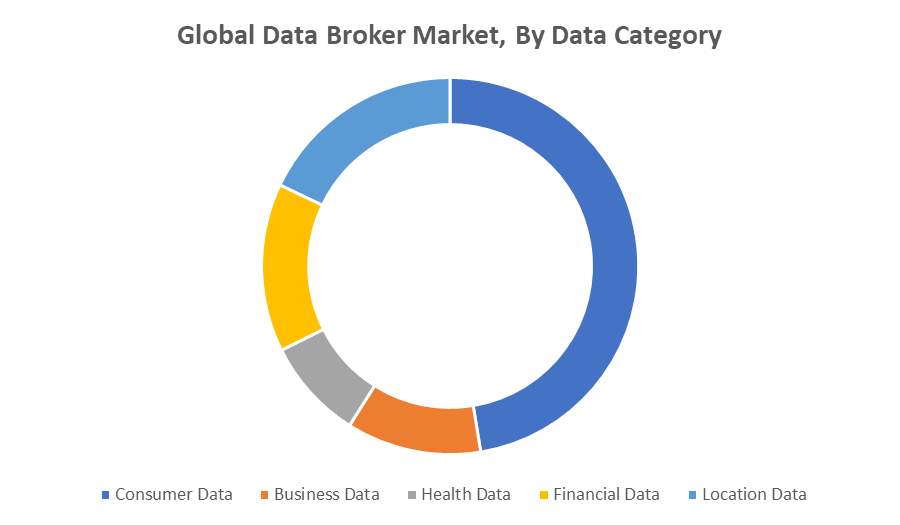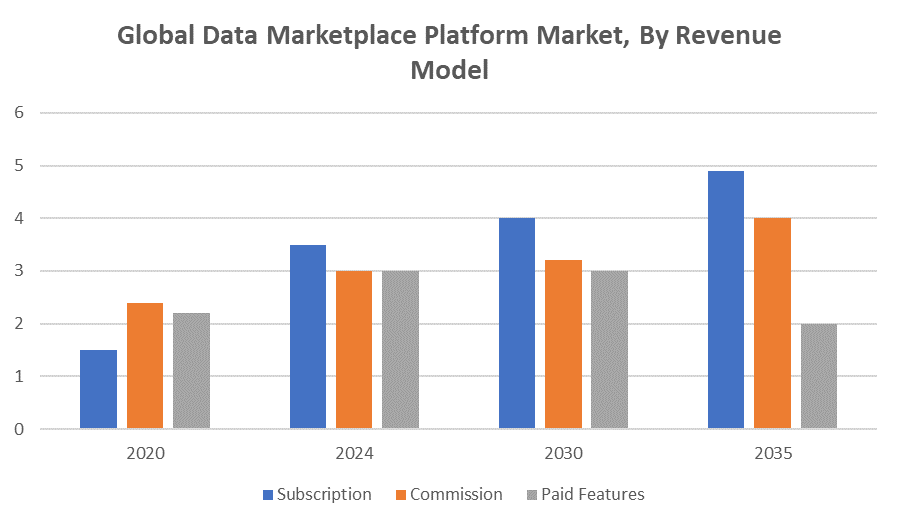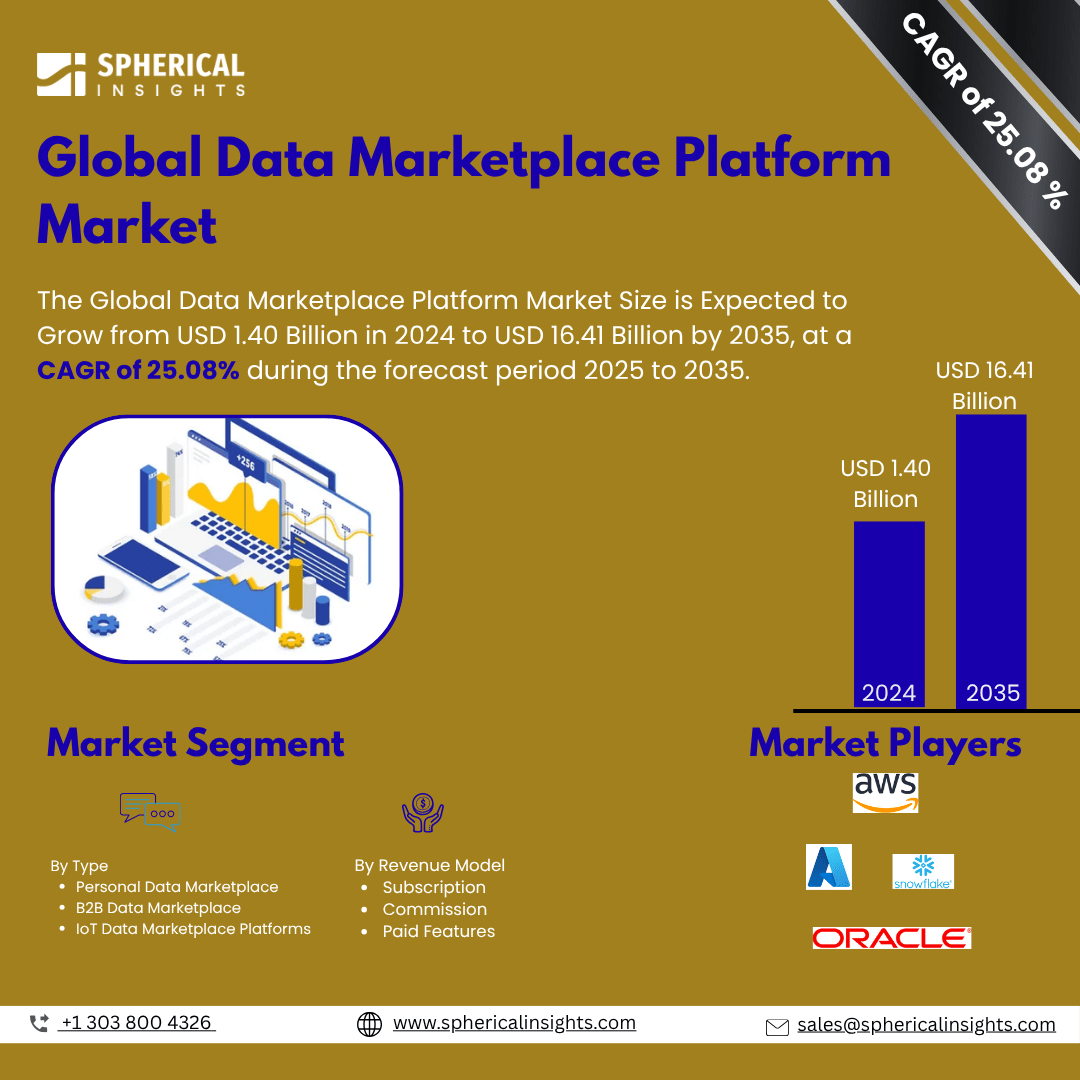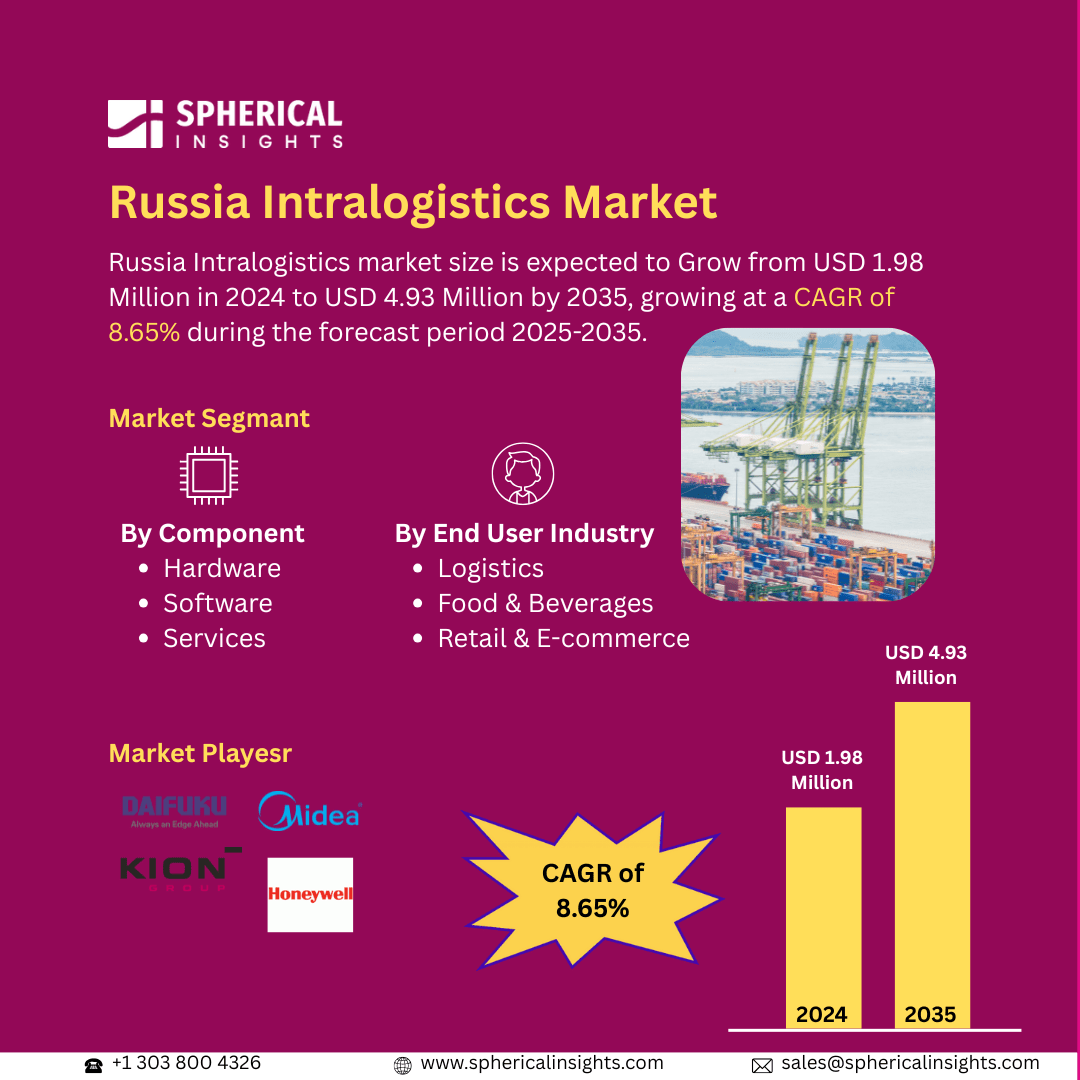Global Data Marketplace Platform Market Insights Forecasts to 2035
- The Global Data Marketplace Platform Market Size Was Estimated at USD 1.40 billion in 2024
- The Market Size is Expected to Grow at a CAGR of around 25.08% from 2025 to 2035
- The Worldwide Data Marketplace Platform Market Size is Expected to Reach USD 16.41 billion by 2035
- Asia Pacific is expected to grow the fastest during the forecast period.
Data Marketplace Platform Market
The Global Data Marketplace Platform Market refers to a digital infrastructure that enables the exchange, purchase, and sale of data between various stakeholders, including individuals, businesses, and organizations. These platforms facilitate the secure and efficient trade of diverse data types such as consumer behavior, financial records, and market trends. By leveraging cutting-edge technologies like blockchain and AI, data marketplace platforms ensure secure transactions, data privacy, and transparency. Data sellers can monetize their data, while buyers gain access to valuable insights for decision-making, predictive analytics, and business growth. This marketplace also supports the creation of data-sharing ecosystems that foster collaboration among industries and enhance innovation. As businesses increasingly rely on data to drive strategies, these platforms serve as a crucial component in the data economy, offering a decentralized space for data exchange. The market continues to grow as organizations recognize the importance of data as a valuable resource for competitive advantage.
Attractive Opportunities in the Data Marketplace Platform Market
- Cross-industry data collaboration presents a powerful opportunity, enabling businesses from different sectors to share data and work together on global challenges like healthcare, climate change, and supply chain efficiency. By creating shared ecosystems for data exchange, companies can innovate and solve large-scale problems more effectively, unlocking new business models and opportunities that wouldn’t be possible within industry silos.
- With the rise of IoT and 5G technologies, real-time data generation is skyrocketing, creating niche opportunities for data monetization. Industries such as logistics, healthcare, and smart cities can leverage platforms to buy and sell real-time data, such as traffic patterns or energy usage. This can lead to operational optimizations, better customer experiences, and predictive insights, making real-time data a valuable asset in today's fast-paced market.
- Data democratization is a growing trend that enables smaller businesses and startups to access high-quality, actionable data that was once only available to large enterprises. Subscription-based data platforms are making it easier for smaller organizations to tap into valuable datasets, enhancing their ability to make data-driven decisions, innovate, and remain competitive without needing significant infrastructure or resources.
Global Data Marketplace Platform Market Dynamics
DRIVER: Increasing need for data-driven decision-making across industries
The growth of the global data marketplace platform market is primarily driven by the increasing need for data-driven decision-making across industries. As organizations strive to enhance operational efficiency, they are turning to external data sources for deeper insights. The rise of technologies like artificial intelligence and machine learning further fuels demand, as these tools rely heavily on vast datasets to make accurate predictions and improve automation. Additionally, the growing importance of personalized consumer experiences has led businesses to seek granular, real-time data to tailor their products and services. Data monetization is also a significant factor, as organizations look to capitalize on their data assets, creating new revenue streams. The development of advanced security technologies, such as blockchain, ensures data privacy and trust in transactions, encouraging more participants in the marketplace. Finally, the increasing regulatory focus on data protection, such as GDPR, is driving the need for secure, transparent data exchange platforms.
RESTRAINT: Concern over data privacy and security
One of the primary challenges is the concern over data privacy and security. As data transactions involve sensitive information, ensuring the protection of personal and proprietary data is a significant issue, with potential risks of breaches or misuse. Additionally, the lack of standardized protocols across platforms makes it difficult for stakeholders to trust and participate in the data marketplace. Regulatory complexities, such as varying data protection laws across regions (e.g., GDPR, CCPA), create barriers for global data exchange. The high cost of data governance, compliance, and the technology infrastructure required to ensure secure and seamless transactions also presents a challenge, especially for smaller organizations. Furthermore, data quality and authenticity can be problematic, as unreliable or inaccurate data may reduce the overall effectiveness of the marketplace, affecting the value proposition for buyers and sellers alike.
OPPORTUNITY: Potential for cross-industry data collaboration
One of the most promising is the potential for cross-industry data collaboration. By creating shared ecosystems, organizations can address global challenges, like climate change or healthcare crises, fostering innovation and new solutions. The rise of emerging technologies such as IoT and 5G also opens doors for real-time data generation, which can be effectively monetized in specialized marketplaces. Niche markets within industries like healthcare, finance, and logistics offer opportunities for tailored platforms that cater to specific data needs, improving the relevance and accuracy of the data. Additionally, the trend of data democratization, making data more accessible to a wider audience, enables smaller businesses to leverage data for competitive advantage. These opportunities not only expand the scope of data marketplaces but also create new business models, ensuring that data-driven insights are available to a broader spectrum of organizations.
CHALLENGES: Complexity of data interoperability
One significant challenge is the complexity of data interoperability, as data comes from various sources with differing formats, standards, and structures. This lack of uniformity makes it difficult to seamlessly integrate data from different providers and creates barriers for effective data exchange. Another challenge is the high level of competition in the market, with numerous platforms emerging, each vying for market share. This creates fragmentation, making it challenging for users to choose the right platform that meets their needs. Additionally, consumer trust remains a concern, as the value and authenticity of data sold on these platforms can be difficult to verify. Finally, the scalability of platforms is a challenge, as rapidly growing datasets and increasing user demand can strain infrastructure, leading to performance issues or delays in data transactions. These challenges hinder the full potential of data marketplaces.
Global Data Marketplace Platform Market Ecosystem Analysis
The global data marketplace platform market ecosystem involves several key stakeholders: data providers (businesses, governments, individuals) who offer valuable datasets, and data consumers (businesses, researchers, AI systems) who buy or access this data for decision-making. Data marketplaces serve as intermediaries, providing secure platforms for data exchange, often utilizing technologies like blockchain, AI, and machine learning. Data brokers may add value through data aggregation, while regulatory bodies ensure compliance with privacy laws. The ecosystem relies on cloud services, cybersecurity tools, and analytics firms to maintain infrastructure and enhance data utilization.
Based on the type, the B2B data marketplace segment dominated the data marketplace platform market over the forecast period

The B2B data marketplace segment is expected to dominate the data marketplace platform market over the forecast period due to the increasing reliance on data-driven decision-making by businesses. In a B2B context, organizations are continuously seeking high-quality, large-scale datasets to optimize operations, improve customer targeting, and enhance business strategies. Businesses also benefit from the ability to monetize their data assets, creating new revenue streams. With the rise of AI, machine learning, and advanced analytics, B2B data exchanges are becoming crucial in providing data for predictive insights, improving supply chains, and driving innovation. Additionally, B2B marketplaces often cater to specific industries, offering more tailored and valuable data sets, which further propels their growth.
Based on the revenue model, the subscription segment held the highest revenue share and is expected to grow at a significant CAGR over the forecast period

The subscription model offers predictable, recurring revenue streams for platform providers and ensures consistent access to data for subscribers. Businesses and organizations prefer subscriptions as they provide continuous access to updated, high-quality data, which is crucial for real-time decision-making, analytics, and innovation. Subscription-based models often come with tiered pricing, allowing businesses to select plans based on their data consumption needs, further driving their popularity. As organizations increasingly rely on data for AI, machine learning, and big data applications, the demand for flexible, cost-effective, and scalable access to data will continue to propel the growth of the subscription segment. Additionally, this model aligns well with the growing trend of data democratization, were organizations, regardless of size, can access valuable datasets at affordable rates.
North America is anticipated to hold the largest market share of the data marketplace platform market during the forecast period
North America is anticipated to hold the largest market share of the data marketplace platform market during the forecast period, driven by its advanced technological infrastructure, high adoption of data-driven business models, and the presence of key industry players. The region is home to numerous large enterprises, technology giants, and data-centric startups, all of which heavily invest in data for competitive advantage, innovation, and operational efficiency. The robust growth of sectors like finance, healthcare, e-commerce, and AI in North America fuels the demand for high-quality, real-time data. Additionally, regulatory frameworks like CCPA and GDPR in the region ensure that data exchanges remain secure, transparent, and compliant. With the increasing need for data privacy, security, and analytics, North America's technological maturity and strong market demand make it a dominant force in the global data marketplace platform market, with substantial growth potential in the coming years.
Asia Pacific is expected to grow at the fastest CAGR in the data marketplace platform market during the forecast period
Asia Pacific is expected to grow at the fastest CAGR in the data marketplace platform market during the forecast period, driven by rapid digitalization, the proliferation of data, and growing investments in emerging technologies like AI, IoT, and big data. Countries such as China, India, and Japan are experiencing significant economic growth, leading to an increasing demand for data-driven insights across various industries, including e-commerce, manufacturing, healthcare, and financial services. Additionally, the expanding startup ecosystem and the rise of smart cities in the region further contribute to the demand for data marketplaces. The increasing need for businesses to access high-quality, real-time data to enhance customer experience, optimize operations, and improve decision-making is a key factor behind this growth. Moreover, favorable government policies and investments in digital infrastructure are accelerating the adoption of data platforms. As a result, Asia Pacific is poised to be a high-growth region in the global data marketplace platform market.
Recent Development
- In October 2024, Presight launched a new data marketplace platform, Presight Datahub, in the UAE. This platform aims to empower organizations to create, exchange, and monetize data products. By leveraging Microsoft Azure, the platform ensures data security and sovereignty while providing flexibility and customization options. Presight Datahub is designed to help businesses unlock the value of their data and drive growth.
- In January 2024, Zeenea launched its Enterprise Data Marketplace, a platform that enables seamless interaction between data producers and consumers. This innovative solution is designed to facilitate the discovery, publishing, and procurement of data products, addressing the growing demand for Data Mesh architectures. By providing a user-friendly interface and robust data management capabilities, Zeenea empowers organizations to unlock the full potential of their data assets.
Key Market Players
KEY PLAYERS IN THE DATA MARKETPLACE PLATFORM MARKET INCLUDE
- Amazon Web Services (AWS)
- Microsoft (Azure)
- Oracle
- SAP SE
- Snowflake
- IBM
- Databricks
- Dawex
- Acxiom
- FactSet
- Others
Market Segment
This study forecasts revenue at global, regional, and country levels from 2020 to 2035. Spherical Insights has segmented the data marketplace platform market based on the below-mentioned segments:
Global Data Marketplace Platform Market, By Type
- Personal Data Marketplace
- B2B Data Marketplace
- IoT Data Marketplace Platforms
Global Data Marketplace Platform Market, By Revenue Model
- Subscription
- Commission
- Paid Features
Global Data Marketplace Platform Market, By Regional Analysis
- North America
- Europe
- Germany
- UK
- France
- Italy
- Spain
- Russia
- Rest of Europe
- Asia Pacific
- China
- Japan
- India
- South Korea
- Australia
- Rest of Asia Pacific
- South America
- Brazil
- Argentina
- Rest of South America
- Middle East & Africa
- UAE
- Saudi Arabia
- Qatar
- South Africa
- Rest of the Middle East & Africa





